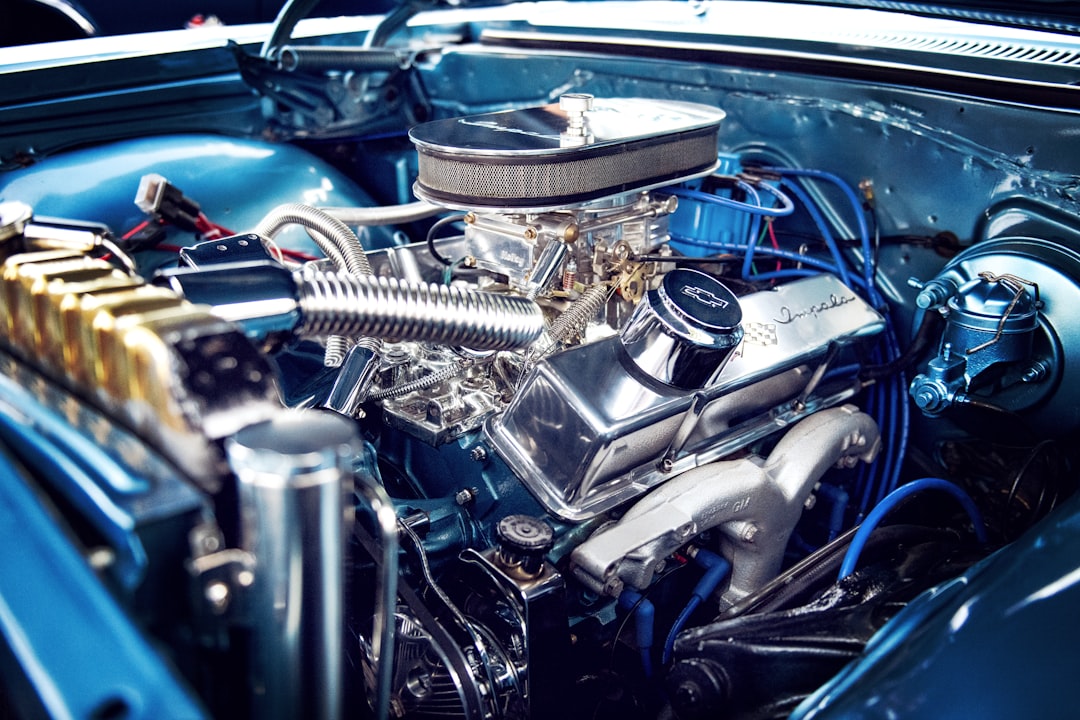Taiwan Auto Part Makers Face Challenges Amidst US Tariff Hikes
US Tariffs on Auto Parts Spark Concerns and Strategic Shifts for Taiwanese Suppliers

Taipei, April 3 – Taiwanese auto part suppliers are navigating the complexities of US trade policy as they consider strategies in response to the recent imposition of tariffs by the United States. The announcement of a 25% tariff on foreign-made auto parts, effective May 3rd, is prompting Taiwanese companies to evaluate their options, including establishing or expanding production within the US. However, concerns linger regarding the impact on profitability due to rising operational costs.
Tong Yang Group, a prominent manufacturer of plastic, sheet metal components, and cooling systems for vehicles, has expressed its commitment to expanding production in the US. The company, which has maintained production lines in the US for over thirty years, acknowledges that the increased costs will inevitably translate into higher prices for both auto parts and finished automobiles within the US market.
The tariffs, announced by President Trump, also include a 25% tariff on automobiles, effective the following day. These levies form part of a broader set of tariffs, with Taiwan facing reciprocal tariffs of 32%.
An executive from a multimedia equipment supplier for the automotive sector noted that the tariffs aim to incentivize manufacturers to produce within the US. Many original equipment manufacturers (OEMs) currently operate in Canada or Mexico, benefiting from tariff exemptions under the United States-Mexico-Canada Agreement (USMCA). The 25% tariffs are anticipated to accelerate investments in the US market.
However, concerns were raised about labor shortages and elevated labor costs in the US market. While automation offers a potential solution to mitigate the labor shortage, increased production costs remain a key challenge.
Hushan Autoparts Inc., a door handle manufacturer, is closely monitoring the effects of the tariffs. They anticipate that higher prices will likely reduce demand for auto parts, as consumers may postpone maintenance or opt for aftermarket components from third-party producers rather than OEMs.
Tong Yang further observed that the global auto industry is experiencing a shortage of original components. This trend is contributing to the growing acceptance of aftermarket parts, especially by US insurers like State Farm, who often utilize parts certified by the Certified Automotive Parts Association (CAPA).
The Taiwan Transportation Vehicle Manufacturers Association highlighted that several American insurers favor aftermarket components from Taiwanese suppliers, recognizing their affordability and comparable quality to original equipment items.
The association emphasized the ability of Taiwanese aftermarket products to offer cost savings to American consumers while maintaining service quality and ensuring transportation safety.
In response to the tariffs, the association expressed regret, noting the potential adverse impact on Taiwanese auto part manufacturers. They asserted that the tariffs fail to reflect Taiwan's complete tariff landscape.
They also warned that the 25% tariff could lead to increased maintenance expenses and higher insurance payouts, ultimately harming consumers.
The group has appealed to Washington to reconsider and maintain the existing 2.5% tariff rate, to foster mutually beneficial trade relations built on trust between Taiwan and the US.
Other Versions
Los fabricantes taiwaneses de piezas de automóvil afrontan retos ante la subida de aranceles de EE.UU.
Les fabricants taïwanais de pièces automobiles sont confrontés à la hausse des droits de douane américains
Produsen Suku Cadang Mobil Taiwan Menghadapi Tantangan di Tengah Kenaikan Tarif AS
I produttori di componenti auto di Taiwan affrontano le sfide degli aumenti dei dazi statunitensi
台湾自動車部品メーカー、米国の関税引き上げで困難に直面
미국의 관세 인상으로 어려움에 직면한 대만 자동차 부품 제조업체들
Mga Gumagawa ng Bahagi ng Sasakyan sa Taiwan, Nahaharap sa mga Hamon sa Gitna ng Pagtaas ng Taripa ng US
Тайваньские производители автозапчастей сталкиваются с трудностями на фоне повышения тарифов США
ผู้ผลิตชิ้นส่วนยานยนต์ไต้หวันเผชิญความท้าทาย ท่ามกลางการขึ้นภาษีนำเข้าของสหรัฐฯ
Nhà sản xuất linh kiện ô tô Đài Loan đối mặt với thách thức trong bối cảnh Mỹ tăng thuế
